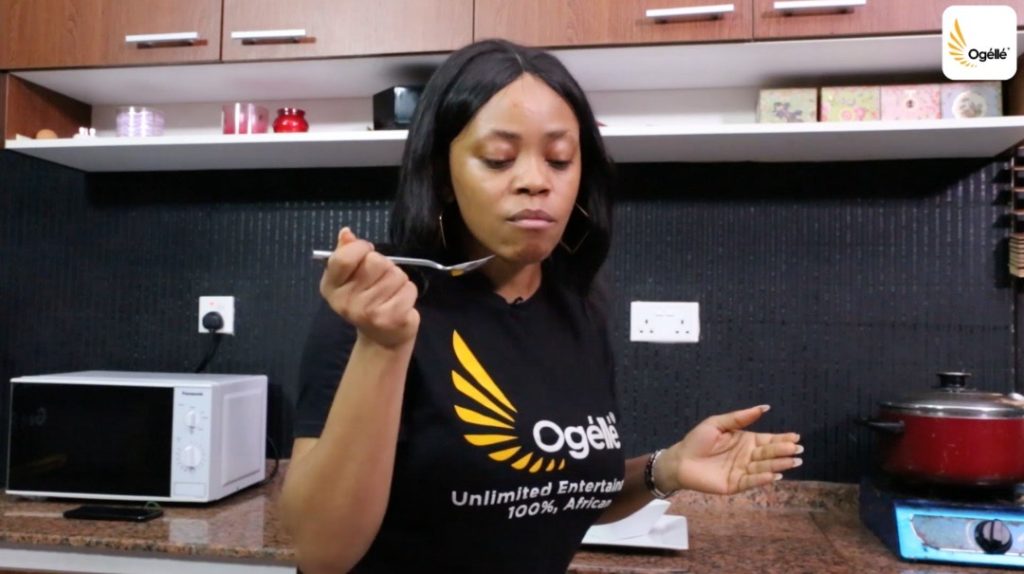African foods are as diverse as the different countries in the continent. Even more as countries have different dishes according to the different native tribes in it.

Statistics show that Africa has 54 countries, more than 3000 tribes and approximately 1.3 billion people. So you can expect the cuisine to be a huge variety of taste, texture, flavours and colours.
Eating African foods for Africans is more than just to satisfy hunger. It is a part of celebrating our unique heritage and therefore it is not strange to see gaiety, music and cultural displays where African food is eaten. This has made occasions such as wedding ceremonies, the birth of a child and in some cases, the burial rites of a patriarch to bring on a display of assorted dishes for all ages and preferences.
Food is also used as medicine in some regions and this phenomenon has been embraced by the advocates of alternative medicine in developed countries.
Here are some African Foods Facts you may already know
- Africans are best at growing organic foods. The variety in weather conditions in Africa make it ideal for farming a wide range of food crops and vegetables like okra, yams, potatoes, rice, etc
- Africans are known for exotic spices. These can be used to either improve the taste, add a new flavor, or even for medicinal purposes. They could be added fresh or dried and ground to powder. These include ginger, garlic, turmeric, etc
- Jollof rice is probably one of the most popular African foods. Countries like Nigeria, Ghana, Senegal and Gambia have their distinct versions of the well-known dish.
- Africans enjoy eating a variety of meats eaten with fish. Talk about yummy goodness!
- Traditional African meals center around starch and/or grains. Rice, maize, cassava, potatoes are staple foods in almost every African community.
Cooking and serving tasty delicacies have been passed from one generation to the other in different forms.
Traditional way of learning how to cook African Foods
Different people want to learn how to cook African foods for different reasons. Some non-Africans have married Africans and want to cook their native delicacies. Others are culinary enthusiasts or people who love experimenting with different dishes.
Others could even be African who want to learn the dishes of other tribes.
And this knowledge has been passed on from people to people.
1. Word-of-mouth (In-person tutoring)
This is the most common way in which people learnt how to cook African foods. Mothers were tasked with the responsibilities of training their daughters to know how to cook. As they strongly believed that food is the way to a man’s heart. Is that still the case?
You tell me.
In this way, the student and the teacher are in the same place, and the student learns by observation and most times by example.
2. Recipes and Cookbooks: Books are a great source of knowledge and they have been used to store and preserve recipes from different regions. These recipes outline the different ingredients used to prepare the dishes and the cooking methods. They are usually beautifully illustrated and are self-explanatory.
Many people have become experts at preparing meals they learned how to cook from cookbooks.
3. Cooking classes: Remember the Foods & Nutrition Classes back in secondary school? Yes. That is another traditional way of learning how to cook African foods. This could be organized by an individual or by an organization/culinary school.
These classes could be one-off classes for a particular dish or they could be a series of classes to teach different dishes.
The teacher/instructor delivers the lecture so the group of students learn by observation and detailed lectures. To benefit the most from a cooking class, you must quickly practice what has been learned or else you forget. As the saying goes, “practice makes perfect”.
But there is an improved method to learning how to cook African food recipes.
The Use of the Internet to Learn How to Cook African Foods
The internet has been increasingly used to create content that helps people learn how to cook African foods. Food bloggers have taken over platforms like YouTube, Instagram and Pinterest to showcase their culinary skills and presentation expertise in making food masterpieces from everyday ingredients.
Learning on the internet has become as easy as typing a search query on search engines like Google “how to make egusi soup” on Pan African platform like www.ogelle.com
You will be flooded with results from different people who have created tutorial videos on the subject.
But there is a need for pan African content platform that solve the dual-edged needs of those searching for cooking tutorial videos as well as content by Africans.
Ogelle – Selling Africa to the World
Ogelle is an African online video sharing platform headquartered in Rwanda and Nigeria, founded by Osita Oparaugo, serving sub-Saharan Africa and operated by Reddot Television Network Limited.
Ogelle has been dubbed the “YouTube” of African-only user-generated content resource and
entertainment platform. Available content that includes video clips, television show clips, films, music, comedy, tourism cuisine, vocation news and lifestyle which are all created and produced by Africans.
Registered users are able to upload an unlimited number of videos and add comments to videos.
For content creators, bloggers, personal brands who create educational and informational material for their audience, Ogelle offers a platform where they can be found by their target audience.
For others looking to learn new skills like how to cook African foods, there are hundreds of short videos specifically made for those who want to consume African content. Expand your knowledge. Create your Ogelle account today.




